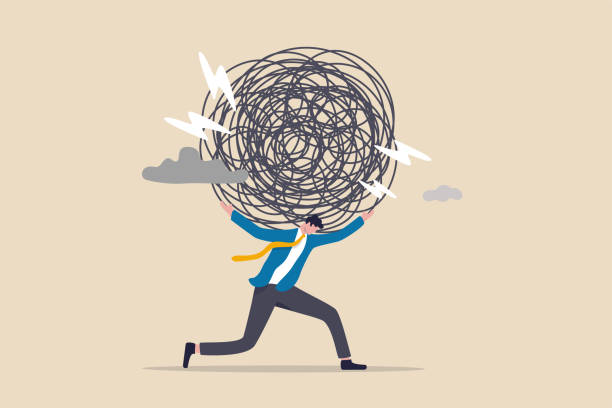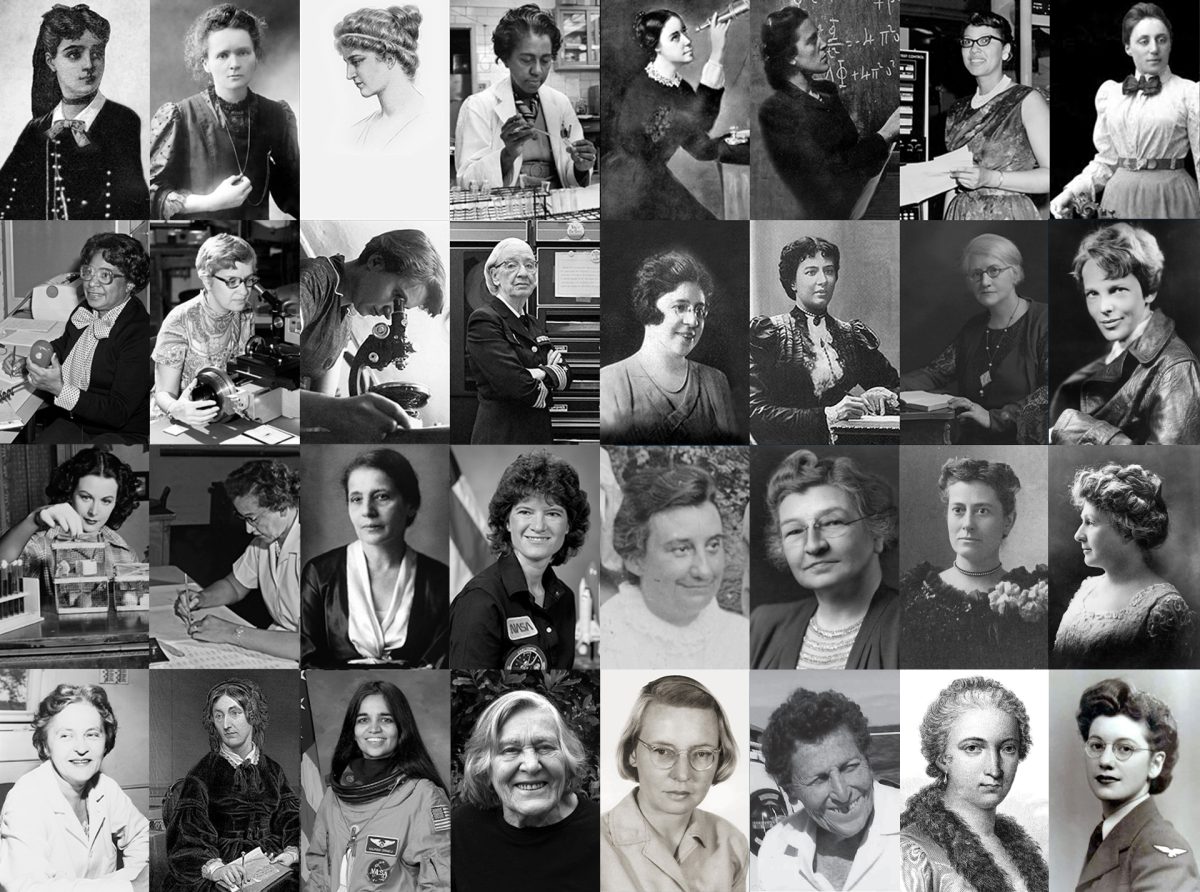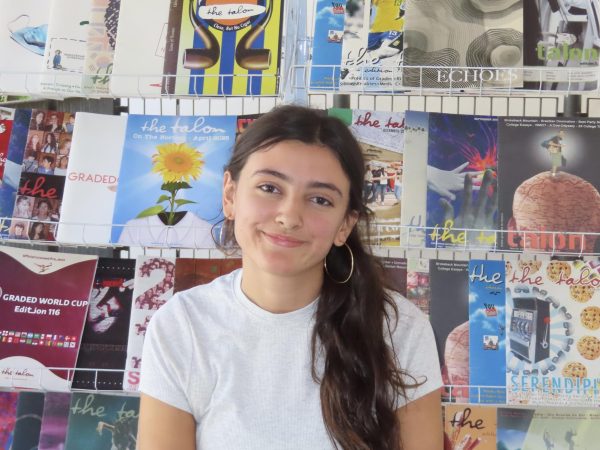In my family, therapy isn’t merely a profession— it’s a legacy. I’ve grown up with three generations of therapists and psychologists who have revealed to me the power of their presence in their patients’ day-to-day moments. Throughout the course of my life, I’ve watched them continuously help those around them navigate through inconceivable struggles. This has allowed me to understand just how much of an impact they have on the daily fabric of people’s experiences. However, with the rapid emergence of artificial intelligence as a dominant force in society, the landscape of therapy is drastically shifting: what becomes of human connection when we replace intimacy with algorithms?
Photo: iStock photo and Keith A. Webb
We’ve all witnessed the exponential rise of AI with our own eyes. In fact, in academic settings, discussion about its ethical dilemmas seems to be at the forefront of most of our conversations. This rapid growth and prevalence, however, is branching far beyond the bounds of education: people have been turning to artificial intelligence as a therapist of sorts, seeking solace in technology as opposed to getting advice from professionals. It’s as if everything nowadays boils down to modern technology. Even offering emotional care support, one of the cores of human experiences, and something that once seemed intangible for artificial intelligence to replicate, is becoming progressively more common. It’s as if human true and physical interaction, even in the realms of a social science as intimate as psychology, is becoming increasingly scarce.
Therapy, at its very core, is care. It’s the attentiveness you’re given that can put your frazzled emotions into concrete ideas– it makes you feel heard, less alone, like a steadiness that arises when life feels unmanageable. AI offers something different. It’s immediate. It’s reliable. I can see why people may turn to it in moments of need, when human support feels inaccessible, or perhaps when they feel discomfort in the vulnerability that comes with expressing their emotions. Yet, despite simulating empathy, I do not think artificial intelligence will ever truly replicate the emotional resonance or subtle intuition that arises from the raw connection of a therapist to their patients. By merely looking past this, we risk losing the very importance of the meaningful bonds that define our shared experience.
At the end of the day, we’re the same: we’re vulnerable, searching for understanding without a consistent direction. Machinery is not. Yet it still seems, as a therapist, effective to so many, either due to its factual clarity or the fact that, unlike humans, it will never criticize or falter. Somehow, however, that absence of imperfection seems unsettling to me, as it feels so blatantly fabricated. I do see the value of artificial care, but it’s a concept that will take time for me to fully wrap my head around. And when it comes to embracing new technologies, my hope is that we never lose the irreplaceable threads of connection that tie us to one another.
Human connection is vital. Therapy is an indispensable form of that connection. Its depth, empathy, and presence, in my mind, are qualities that can not be fully replaced by modern technology. In a world mediated by algorithms, it is genuine care that reminds us of our humanity, that links us together as one, and that is why it should never be lost.














